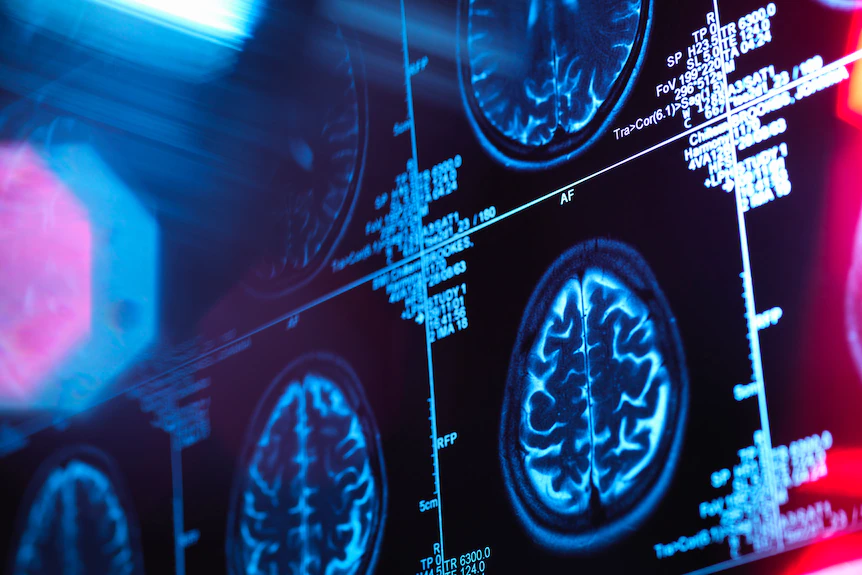According to researchers at the University of Cambridge, dementia patients tend to suffer from an inability to adapt to changes within their environment due to damage to brain areas called multiple demand networks.
The study appeared in the Journal of Neuroscience.
With adapting to changes in the environment regarded as one core symptoms seen in all sufferers of dementia, researchers analyzed the data of 75 patients.
The patients assessed either had Alzheimer’s disease, frontotemporal dementia, or other types of dementia.
What the findings determined: “Multiple demand regions displayed increased functional but decreased effective connectivity as a function of neurodegeneration, suggesting ineffective compensation.”
“Overall, we show that damage to any of the nodes of the multiple demand network is sufficient to impair top-down control of sensation, providing a common mechanism for impaired change detection across dementia syndromes,” the authors concluded in their findings.


